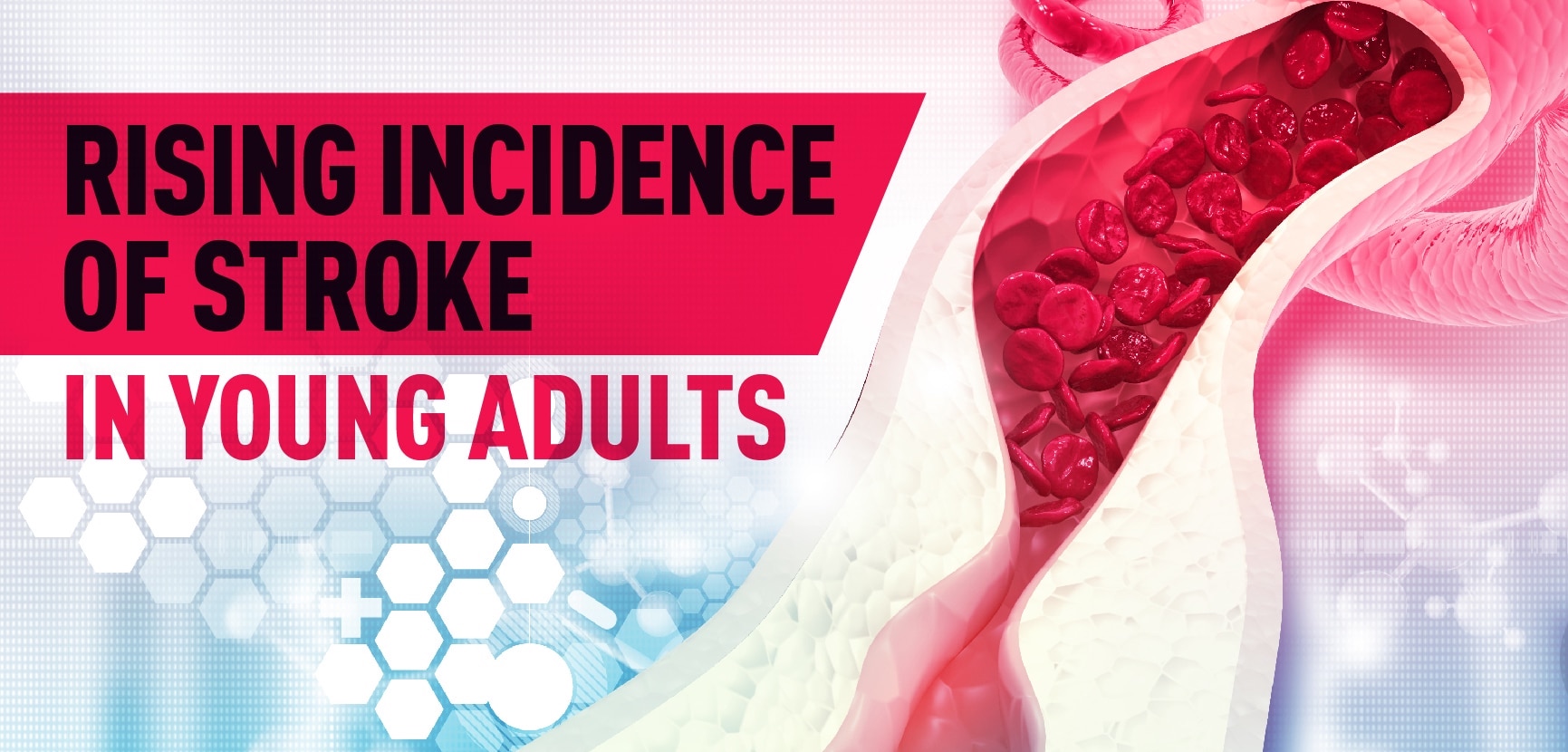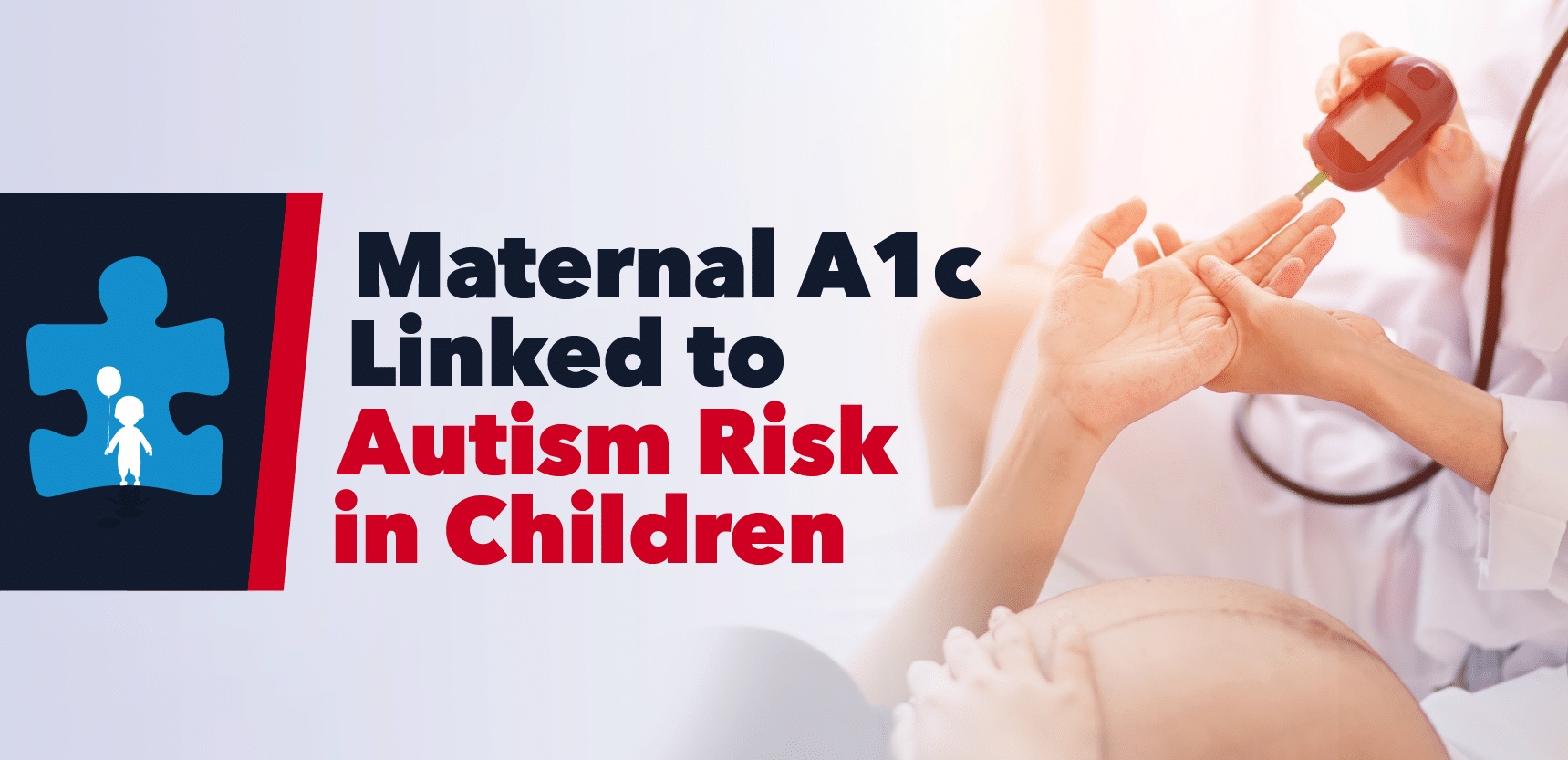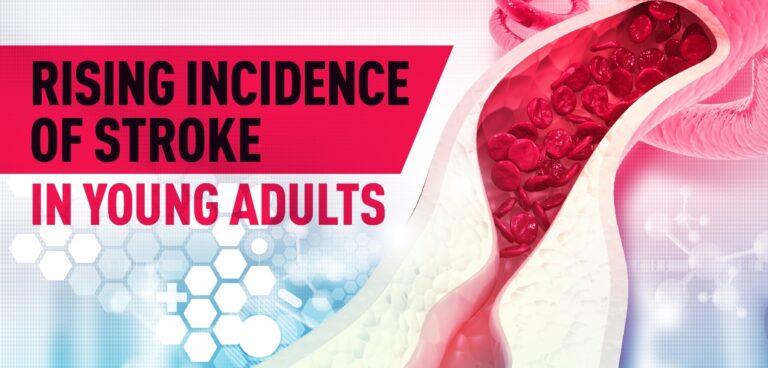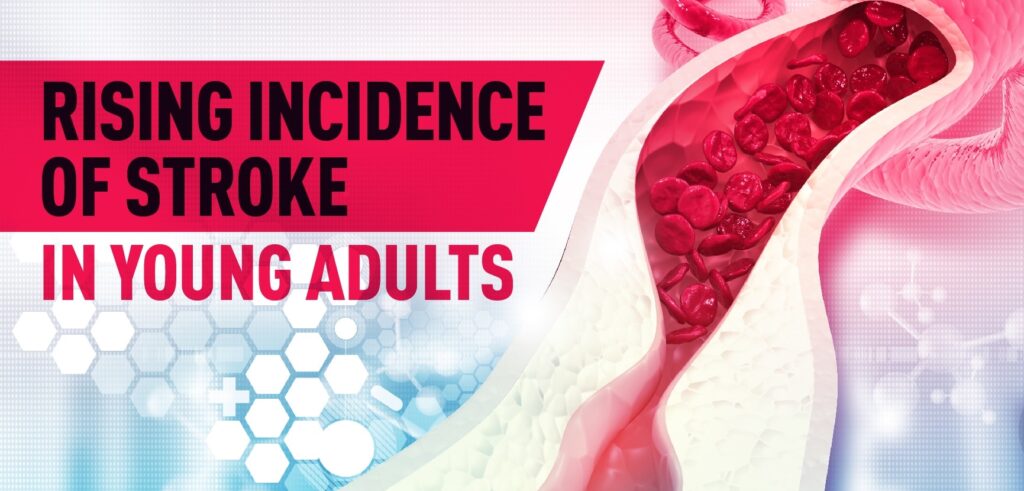With the prevalence of diabetes, obesity, and other cardiometabolic risk factors on the rise , cardiovascular disease mortality rates continue to show an upward trend. Rates of heart failure-related deaths in the United States are climbing nationwide —particularly affecting adults between the ages of 35 and 64. Currently, the CDC estimates 5.7 million American adults suffer from heart failure and an increasing amount of those people are under the age of 65. Researchers are examining potential causes and reversal methods of this growing trend.
A recent study published in the Journal of the American College of Cardiology analyzed heart-failure mortality data from the CDC’s epidemiologic research database, investigating causes of death among adults aged 35 to 84 over an 18-year period. Researchers at Northwestern University’s Feinberg School of Medicine discovered a significant decline in heart failure-related deaths between 1999 and 2012, followed by an increase through 2017. A significant increase in heart failure mortality rates was discovered among younger U.S. adults aged 35 to 64, suggesting the need for reevaluated heart health guidelines and improved prevention control.
Disparities in Age and Race
The study also revealed racial disparities; black men had a 1.16-fold higher mortality rate than white men in 1999 and a 1.43-fold higher heart failure death rate in 2017. Black women, on the other hand, were 1.35 times more likely to die from heart failure than white women in 1999, compared to a 1.54 times increased risk in 2017. According to the data, racial disparities were more evident in adults aged 35 to 64 than in their older counterparts, revealing not only that rates of heart failure deaths are increasing in younger populations but also that they are disproportionately affecting black men and women.
Potential Causes of Growing Trend in Heart Failure Deaths
Researchers acknowledged limitations of the study, which included a reliance on often misclassified death certificate data and the lack of explanation for changes in death rates. However, cardiologists speculate that the increase in premature heart failure deaths is tied to untreated cardiometabolic risk factors. Dr. Sadiya Khan, assistant professor of cardiology at Northwestern University and author of the study, suspects the rising mortality rates are correlated with an increased number of younger adults developing heart failure due to the obesity, hypertension, and diabetes epidemics.
Additionally, the rise in illicit drug use – particularly methamphetamines – could be linked to the growing trend in heart-failure deaths among younger individuals, according to Dr. Eric Adler, cardiologist and professor of medicine at the University of California, San Diego.
Despite technological advancements in cardiometabolic care, the incidence of heart failure deaths continues to grow and is becoming a public health concern. While many practitioners are well-equipped to help prevent premature death from cardiovascular disease, more attention may need to be directed toward the early detection and management of cardiometabolic risk factors. Dr. Adler referred to these findings as a “call to arms,” inspiring more work that needs to be done in the treatment of the heart failure epidemic.















